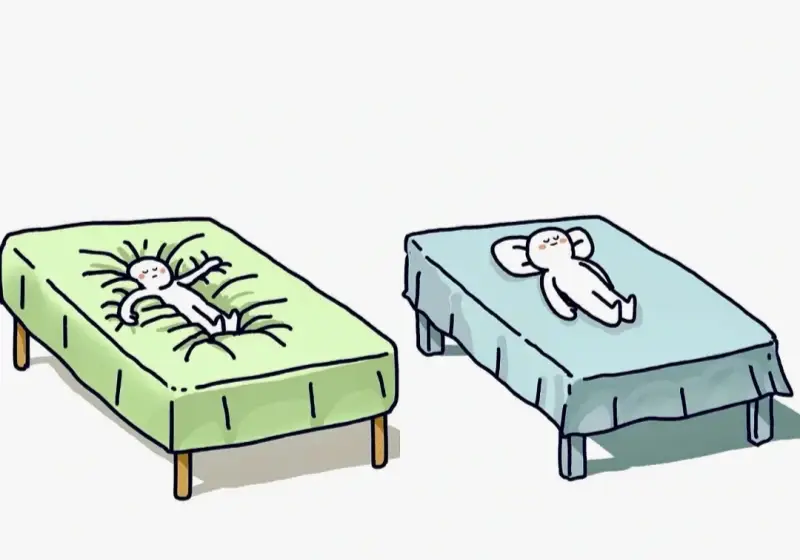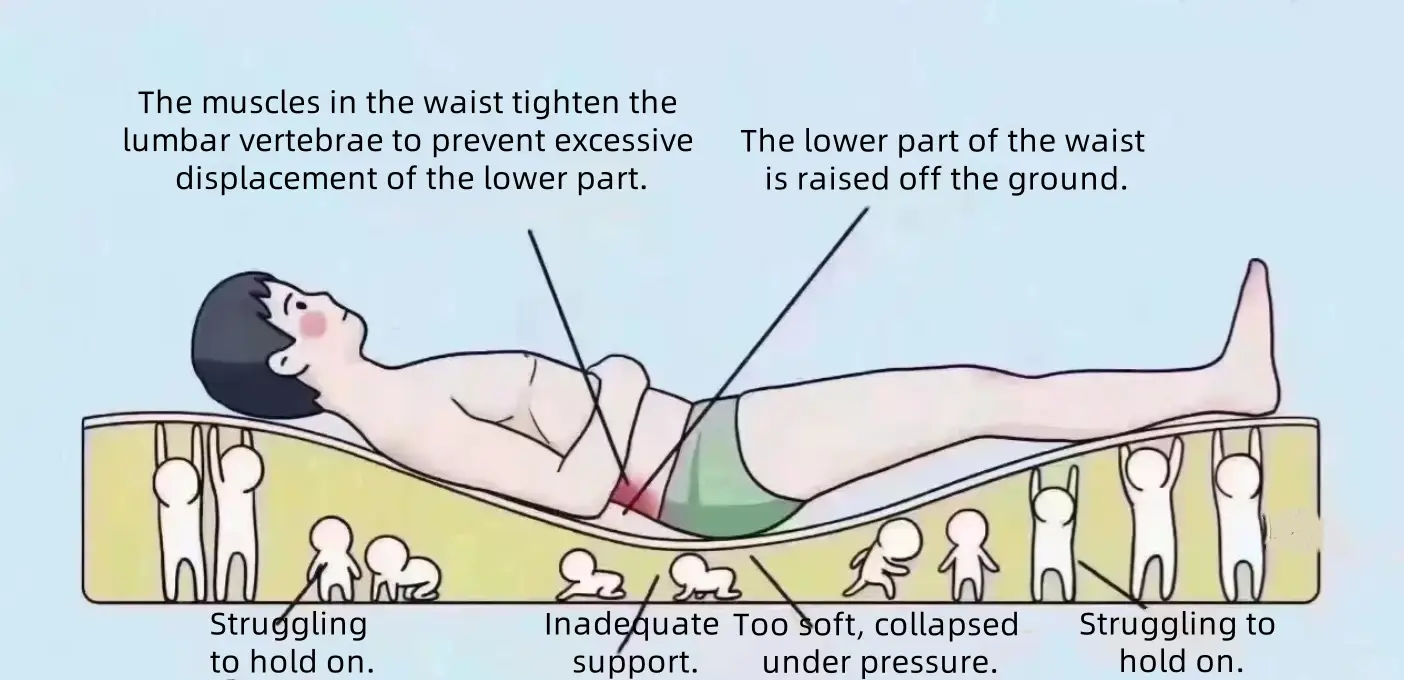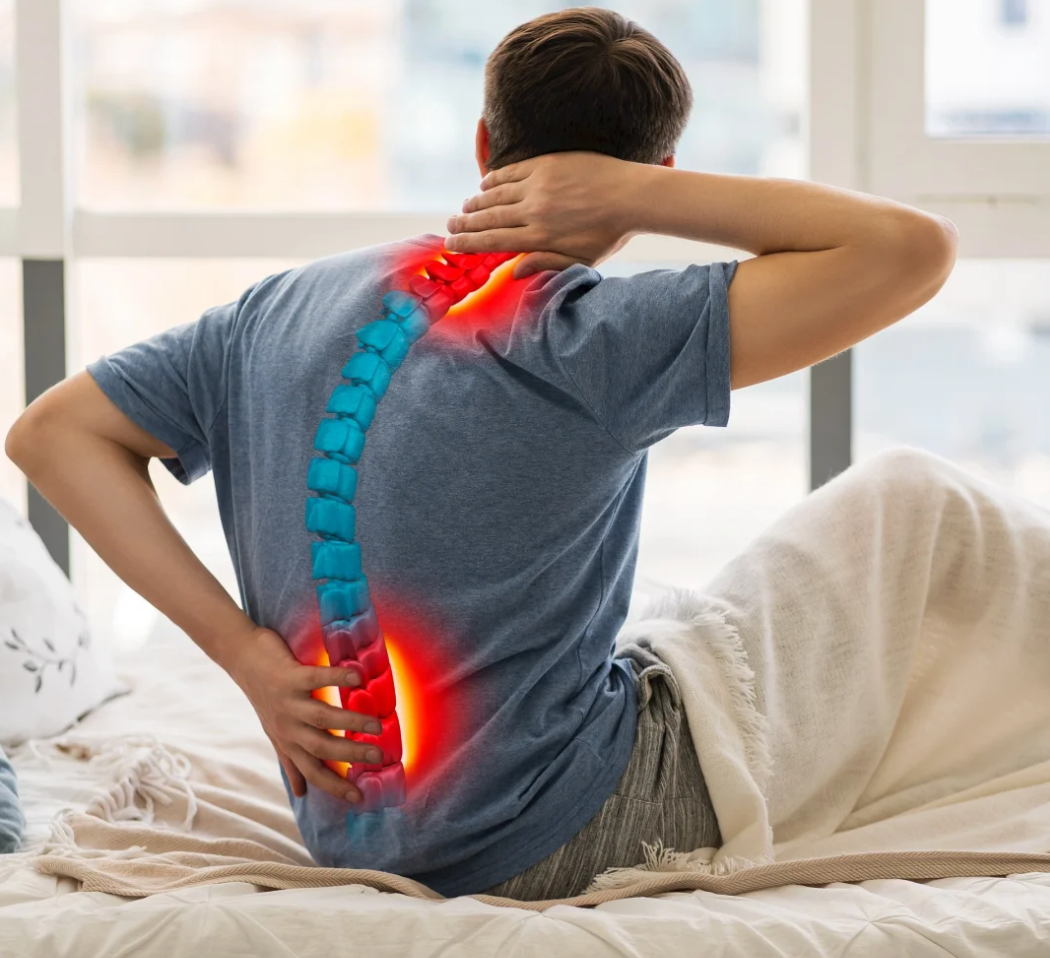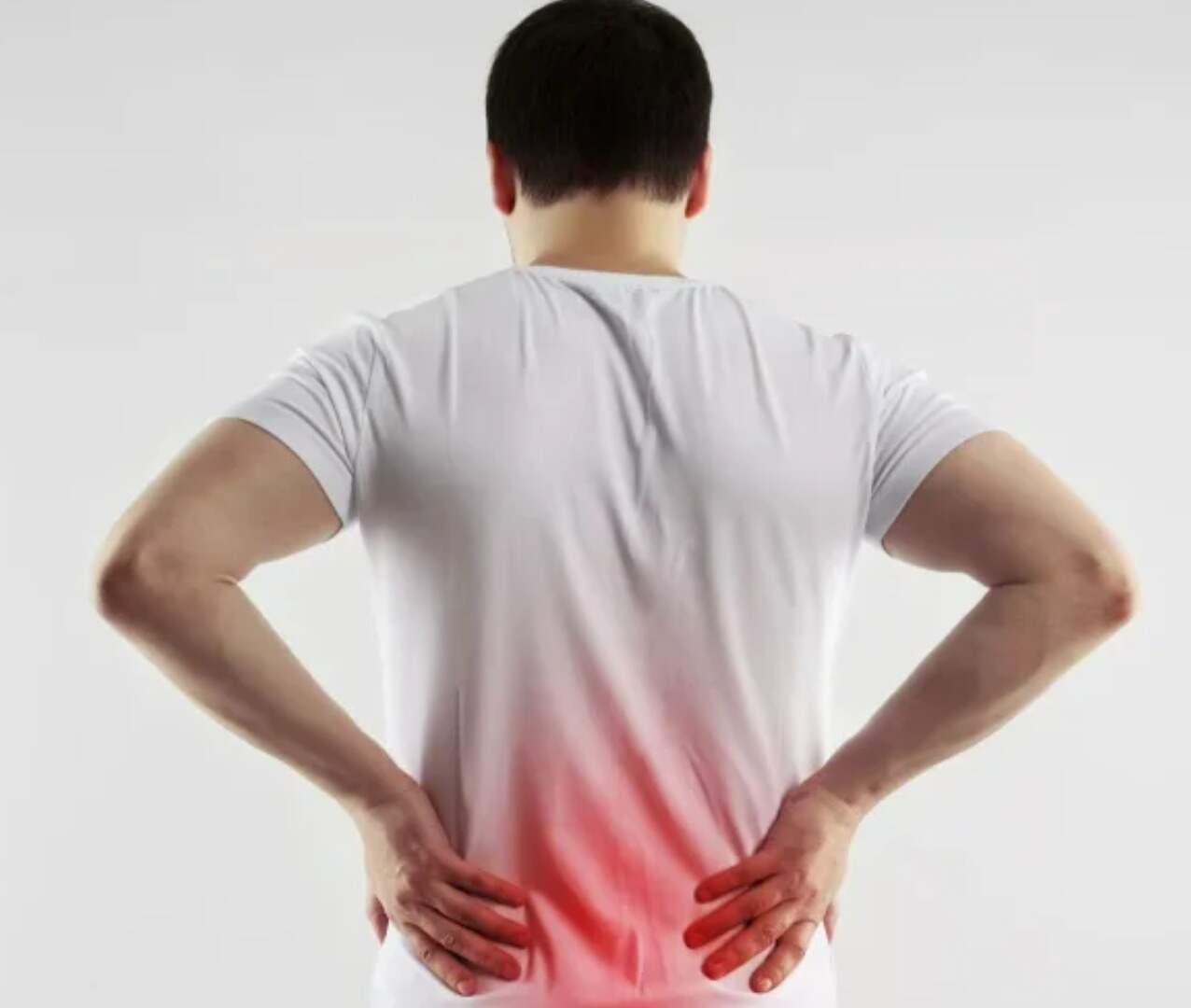

Will a Soft Mattress Cause Lower Back Pain? ——In Depth Analysis of Spinal Health and Mattress Selection
Ⅰ. Introduction: Controversy over Soft Mattresses and Lower Back Pain
Many customers ask us when inquiring about mattresses, 'Does a mattress that is too soft cause lower back pain?' This question has always been controversial. Some people like to sleep on a soft mattress, feeling as comfortable as sinking into clouds; Some people also think that sleeping on a soft mattress for too long can cause lower back pain and even lead to lumbar spine diseases. As a manufacturer with over 20 years of experience in the mattress industry, we have found through long-term communication and research with our customers that this is not simply about being "soft" or "hard", but rather requires a comprehensive judgment based on the natural curvature, body shape, sleeping posture, and health status of the human spine.
The human spine is not a straight "stick", but has physiological curvature: cervical lordosis, thoracic kyphosis, lumbar lordosis, sacral kyphosis. This structure is a balance pattern gradually formed by the human body during continuous adaptation. This is beneficial for dispersing body pressure and providing support. If our mattress is too soft, it cannot meet the natural curve of the spine, and the waist will also sink significantly. Over time, the muscles in the waist will be pulled, and the pressure on the lumbar intervertebral disc will also increase. In severe cases, it can also cause lumbar spine diseases.
So, today we will systematically analyze from a scientific and practical perspective: why mattresses that are too soft can cause lower back pain, under what circumstances soft mattresses can be chosen, and why most people are more suitable for medium to hard mattresses.

Ⅱ. Why does a soft mattress cause lower back pain?
We often encounter customers complaining, 'I switched to a very soft bed and felt comfortable at first, but after sleeping for a while, my waist became increasingly painful.' This is not an isolated case, there is actually a clear physiological mechanism behind it.
1. Loss of spinal curvature and abnormal stress on the waist
When we lie on a mattress that is too soft, the weight of the human body is concentrated in the waist and hips, and the mattress will be pressed very deeply. The original S-shaped curvature of the spine can be affected by being straightened in the opposite direction or even causing bending, and the muscles in the waist will be excessively pulled. After a period of use, the muscles around the lumbar spine will be damaged, leading to grief.
2. Compression of intervertebral discs can easily induce lesions
The intervertebral disc is a "shock-absorbing pad" located between the vertebrae, mainly used to cushion pressure. Sleeping on a soft mattress, there is insufficient support for the waist, and the intervertebral discs will bear more concentrated pressure. Over time, intervertebral disc herniation, lumbar joint disease, and even spinal stenosis may occur. If the patient already has lumbar problems, a mattress that is too soft is more likely to worsen the symptoms.
3. Difficulty turning over and obstructed circulation
A bed that is too soft can 'sink' and cause difficulty turning over. People actually need to turn over moderately at night to reduce local pressure and promote blood circulation. If the turning is not smooth, not only will the waist muscles continue to tense, but it may also lead to numbness and stiffness in the lower limbs.
4. Imbalance in sleeping posture and heavier burden on the waist
When lying down: the lumbar spine will sink, which can easily lead to lower back pain.
When lying prone: the spine is forced to bend, and there is high pressure on both the cervical and lumbar vertebrae.
When sleeping on the side: there is more pressure on the shoulders and hips, which may cause them to sink into the mattress. So if the mattress is too soft, the body will sink into the mattress and the spine cannot maintain good curvature.
Regardless of the sleeping position, if the mattress is too soft, it will have some negative effects on our spine. In the long run, it will lead to lower back pain.

Ⅲ. When can I choose a soft mattress?
Although a soft mattress may cause lower back pain, not everyone is not suitable for a soft mattress. For certain groups of people and scenarios, a soft mattress still holds some value.
1. People sleeping on their side
For those who like to sleep on their side, the shoulders and hips are the two main pressure points. If the mattress is too hard, it can cause excessive pressure. The body may become numb or uncomfortable. A moderately soft mattress is beneficial for dispersing the pressure between these two parts and maintaining the relative level of the spine.
2. People with lighter body types
People with lighter weight tend to have less sinking when lying in bed, so there is no problem of excessive sinking on a soft mattress, and the impact on spinal curvature is relatively limited.
3. Special health conditions
For some patients or elderly people in the recovery period after surgery, choosing a soft mattress in the short term can alleviate local body pain. But here we definitely recommend choosing under the guidance of a doctor, rather than blindly using it for a long time.
4. Users who value a comfortable experience
Some people do not have lumbar spine problems themselves, and their sleep needs are more focused on the feeling of being enveloped. In this situation, choosing a soft mattress does not immediately cause significant harm. But we still recommend choosing a soft mattress with support, such as a latex mattress or a mixed mattress with independent bagged springs.
Ⅳ. Why are most people more suitable for medium to hard mattresses
Based on our long-term customer feedback and industry research results, we have found that most people sleep on moderately hard mattresses, which results in a healthier waist and higher sleep quality.
1. Maintain normal curvature of the spine
A mattress with moderate hardness will not cause the body to sink too deeply. At the same time, it will not compress the bones of any part of the body. Not only can it provide good support for the spine, disperse pressure, but it can also maintain the natural physiological curvature of the spine.
2. Balancing support and comfort
This hardness mattress can provide sufficient support for the waist, while also having a certain degree of softness to avoid excessive local pressure. For users with medium body size, this is almost the most ideal choice.
3. Beneficial for the prevention and rehabilitation of lumbar spine diseases
For people with a history of lumbar disc herniation or lower back pain, a moderately hard mattress can help alleviate symptoms and avoid worsening them again.
4. Scientific research and market consensus
Many studies have shown that moderately hard mattresses are more suitable for relieving chronic back pain than overly soft or hard mattresses. That's also why rehabilitation doctors in hospitals often recommend patients to replace their mattresses with medium to hard ones.

Ⅴ. Identify whether the mattress is suitable for your health indicators
We often tell customers that judging whether a mattress is suitable is not based on what others say or not, but on their own physical feedback. The following signals can help you determine if the mattress is suitable:
Do you feel uncomfortable on your back when you wake up in the morning? If this discomfort persists every morning, it indicates that the softness and hardness of the mattress are not suitable.
Frequent turning over during sleep at night: It is uncomfortable to lie down too soft or too hard, which can cause us to flip back and forth and affect our sleep at night.
Is there any obvious depression in the mattress: After years of use, if the mattress collapses severely, even if it was originally suitable, it will gradually lose support.
Do you feel lifted when lying down? The ideal mattress should provide support for your lower back when lying down, rather than being suspended or excessively sunken.
Whether accompanied by other symptoms: If there are numbness in the legs, shoulder and neck pain, etc., it may also be related to discomfort in the mattress.
If you find that the mattress no longer meets these health indicators, you need to consider replacing it with a new mattress.
VI. Summary
As a mattress manufacturer, we are very clear that mattress too soft back pain is not a slogan, but a scientifically based health issue. Too soft a mattress can damage the curvature of our spine and increase the problem of back pain. Over time, it may worsen lumbar spine diseases.
People who lie on their side, are lighter in weight, or have short-term special circumstances can use soft mattresses moderately. But overall, a moderately hard mattress is more suitable for most people, as it can ensure spinal health and provide comfortable sleep.
We suggest that when choosing a mattress, people should not blindly pursue "the softer the better" or "the harder the better", but should choose based on their own body shape, sleeping position, and health condition. A suitable mattress is related to sleep quality. What' more, it is good for spinal health and quality of life.
If we are experiencing lower back pain, we may want to check if our mattress is too soft first. If necessary, replace the mattress with a moderately hard one in a timely manner, and even consider latex or mixed mattresses to provide scientific support and comfortable rest for the body.
メールフォーマットエラー
emailCannotEmpty
emailDoesExist
pwdLetterLimtTip
inconsistentPwd
pwdLetterLimtTip
inconsistentPwd